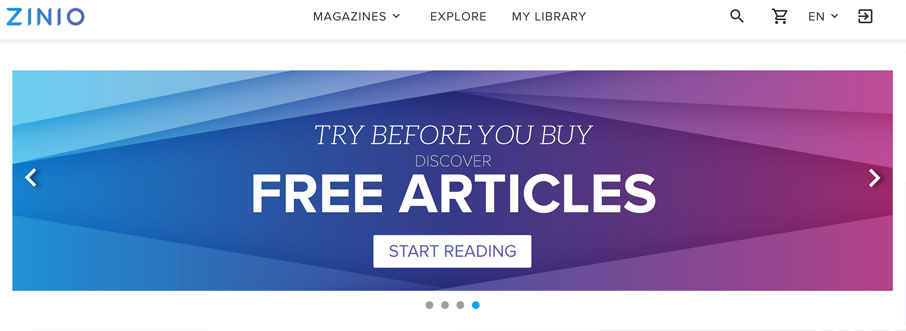I subscribed some time ago to a climbing magazine through Zinio. And I wanted to see how they implemented the authentication system in their app. (Lately in Spain we had some huge problem with the same topic: Metrovalencia)
Zinio app is based in Node.js. Wasn’t difficult to see under the hood. After so time I figure out the headers request
headers = {
'authority':'www.zinio.com',
'method':'POST',
'path':'/api/login?project=99',
'scheme':'https',
"authorization": "",
"X-ZINIO-User-Id": "",
"User-Agent": "Mozilla/5.0 ...",
"accept" : "*/*",
"accept-encoding" : "gzip, deflate, br",
"accept-language" : "en-US,en;q=0.9",
"content-length" : "53",
"content-type" : "application/json",
"origin" : "null"
}
I found quite interesting that they have in the code fixed credentials for identify yourself as a valid client. Could those fixed credentials be used in other places?
"client_id": 'XXXXXXXXXXXXXXXXXXXXXXXXXXXXXX',
"client_secret": 'XXXXXXXXXXXXXXXXXXXXXXXXXXXXXX'
Next step was discover how they prepare the authorization field in the headers. They do something like this:
cred_concat = fixed_credentials['client_id'] + fixed_credentials['client_secret']
cred_hash = hashlib.sha1(cred_concat.encode('utf8'))
cred_hash = cred_hash.hexdigest()
headers['authorization'] = 'desktop ' + cred_hash
The only thing that is missing is the user and pwd.
body_cred = {
'username' : 'secret@email.com',
'password' : 'supersecretpwd'
}
We are ready to do our successful request
response = requests.post(url_login, headers=headers, params={"project":"99"}, data=json.dumps(body_cred))
response_json = response.json()
And we get a nice response, I point out the most significative fields
{
'data':
{
'user': {
'email': 'secret@email.com',
'user_id_string': 'XXXXXXXXXXXXXXXXXXX'
},
'token': {
'token_type': 'bearer',
'access_token': 'XXXXXXXXXXXXXXXXXXXXXXXXXXXXXXXX',
'expires_in': 7200,
'EXPIRES_AT': '2019-03-30T10:36:37.699Z'
},
'refreshToken': 'secret-string-of-243-characters'},
'status': True
}
Now, we know:
- Zinio uses a bearer auth system
- We know our user_id after a successful login
After checking how is the refreshToken with JWT we see the below structure
###header
{
"alg": "HS256",
"typ": "JWT"
}
###payload
{
"payload": {
"userId": "XXXXXXXXXXXXXXXXXXX",
"token": "XXXXXXXXXXXXXXXXXXXXXXXXXXXXXXXX"
},
"iat": 1213935449,
"exp": 1215231449
}
From now on, we could create a nice code which download all our magazines :)


Comments